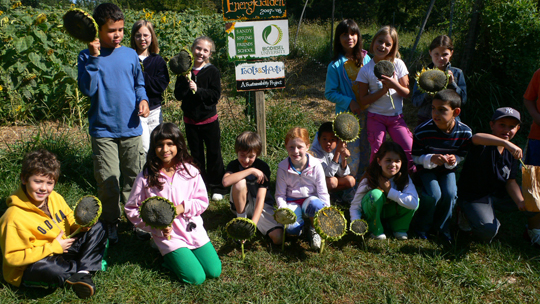It’s All Connected

Is urban ecology an oxymoron? Not at all. The sooner we recognize that cities, people, and nature are inextricably linked, the better off we will all be. In order to broaden our focus from fixing what’s broken, we can treat this city as a design problem, as a system of interrelated parts, and begin to look for connections. Just by looking, we will surely find them.
As part of the 2008 Urbanite Project, I saw firsthand the critical connections between urban fishing, water quality, and public health. (“Fishing for Solutions,” March 2008 Urbanite.) Our proposal is to convene a diverse commission that would tackle the complex problem of Baltimore’s storm-water and waste-water with an ecological mindset.
The urban ecosystem is a system of networks and relationships, using nature as a mentor for how to foster healthy connections and environments. We can together consider both natural systems and human systems, for the benefit of both. Natural systems include sunlight, rainwater, clean air, wind, gardens, trees, and wildlife. Human systems include housing, stores, schools, jobs, history, arts and culture, and infrastructure.
The magic lies in the connections between these elements. Continued

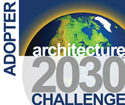
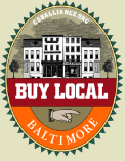


 View the dynamic, moving GOforChange: Greening Baltimore video
View the dynamic, moving GOforChange: Greening Baltimore video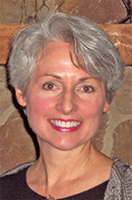 “Just yesterday, someone sent me an email with a quote attached that caught my attention. It was attributed to Eamon Kelly (president of Tulane University from 1981 to 1998), and read “My success resulted from moving from one failure to another failure with enthusiasm.” This got me thinking about failure, and how I view it in my own life.
“Just yesterday, someone sent me an email with a quote attached that caught my attention. It was attributed to Eamon Kelly (president of Tulane University from 1981 to 1998), and read “My success resulted from moving from one failure to another failure with enthusiasm.” This got me thinking about failure, and how I view it in my own life.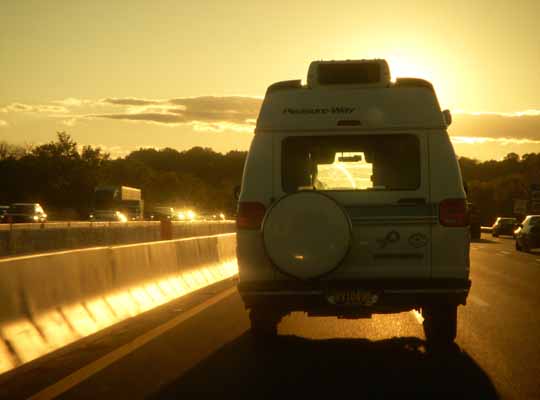 The amount of carbon dioxide in the earth’s atmosphere has raised about 35% since the Industrial Age, which would be just another boring statistic if it wasn’t for the fact that the gas plays a crucial role in climate change. The levels of CO2 have been climbing, due in large part to what is often unnecessary human activity, and raising the global temperature all the while. In addition to these emissions, we’re also responsible for producing mass amounts of wasteful electricity and the burning of other fossil fuels like coal and natural gas. But whereas these actions once had practically imperceptible effects on our environment, our Earth is now starting to tell us otherwise, and it may not be too late to undo some of the damage. And fortunately for all of us, there are people out there that can help us do just that, whether you’re 20 years young, 80 years old, or somewhere in-between.
The amount of carbon dioxide in the earth’s atmosphere has raised about 35% since the Industrial Age, which would be just another boring statistic if it wasn’t for the fact that the gas plays a crucial role in climate change. The levels of CO2 have been climbing, due in large part to what is often unnecessary human activity, and raising the global temperature all the while. In addition to these emissions, we’re also responsible for producing mass amounts of wasteful electricity and the burning of other fossil fuels like coal and natural gas. But whereas these actions once had practically imperceptible effects on our environment, our Earth is now starting to tell us otherwise, and it may not be too late to undo some of the damage. And fortunately for all of us, there are people out there that can help us do just that, whether you’re 20 years young, 80 years old, or somewhere in-between. 